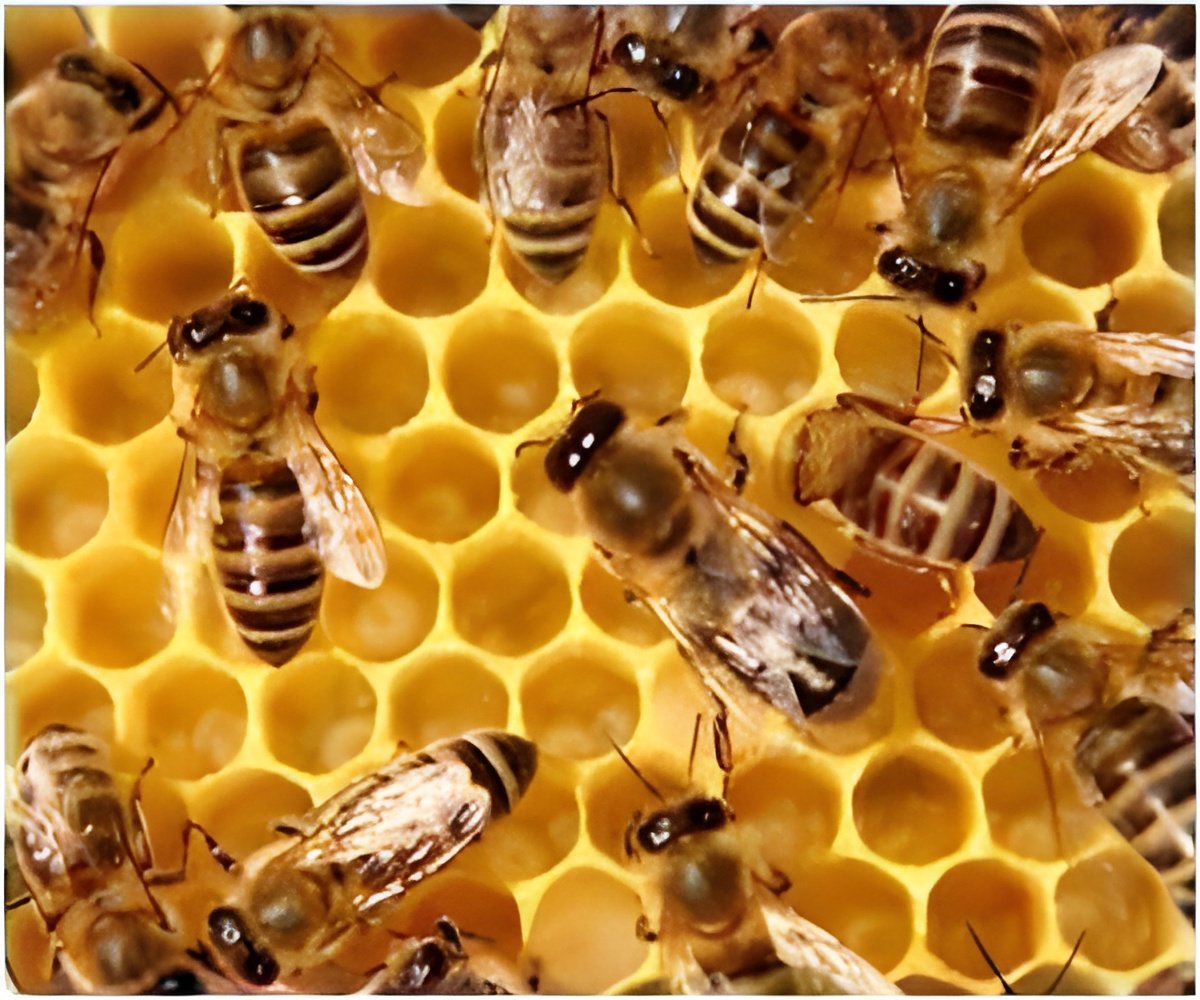Bees could be the vital contributor to new treatments that are critical in fighting the virulent MRSA bug, states a new research at the University of Strathclyde.

Dr Veronique Seidel, a Lecturer in Natural Products Chemistry at the Institute, led the research.
She said: "MRSA can have a devastating impact on people who contract it and on their families, often compounding illnesses they already have. One of the few available drugs to treat MRSA infections is an antibiotic called vancomycin. But new strains have been emerging which show limited susceptibility, or even resistance, to vancomycin.
"This means that there is a pressing need to discover and develop alternatives to current anti-MRSA drugs. We investigated propolis, as part of a programme aimed at discovering new antibiotics from natural sources, because bees use it as an antiseptic glue to seal gaps between honeycombs and preserve their hives from microbial contamination.
"Beeglue is also a natural remedy widely-used in folk medicine for a variety of ailments but little has been known until now about its capacity to target MRSA. Our results have been highly encouraging and we will be taking our research further to understand how active substances in propolis work and to seek the treatments which patients urgently require," she added.
The Strathclyde researchers have been working in partnership with Nature's Laboratory in North Yorkshire, a world leader in propolis research and campaigner for deeper scientific understanding of natural medicines.
Advertisement
The research is the first to report anti-MRSA activity in propolis originating from the Pacific region and the first to describe the anti-MRSA properties of Propolin C and Propolin D. These could possibly act as templates for the development of improved anti-MRSA agents.
Advertisement
Source-ANI










